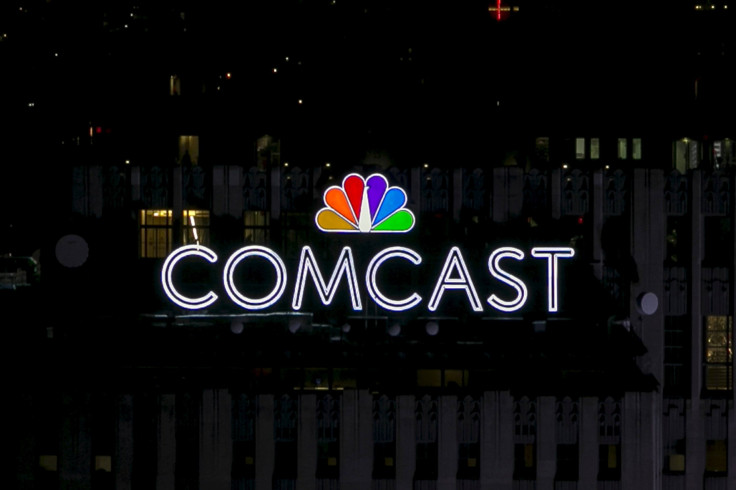Comcast Fined $2.3 Million To Settle FCC Probe Over Billing Practices

Comcast Corporation was fined $2.3 million Tuesday for charging customers for services and equipment they did not ask for. The fine is the largest ever levied against a cable operator by the U.S. Federal Communications Commission (FCC).
The commission had received complaints over Comcast’s practice of “negative option billing,” wherein customers were charged for a service as long as they didn’t actively decline or cancel it. In some cases, consumers alleged that they were billed despite specifically declining service or equipment upgrades offered by Comcast.
In the past, the FCC has fined several telecom companies — including AT&T, which was, in 2014, forced to cough up $105 million to settle “cramming” charges — for similar practices.
“It is basic that a cable bill should include charges only for services and equipment ordered by the customer—nothing more and nothing less,” Travis LeBlanc, chief of the FCC’s Enforcement Bureau, said in a statement. “We expect all cable and phone companies to take responsibility for the accuracy of their bills and to ensure their customers have authorized any charges.”
In addition to the hefty fine, Comcast will also have to submit and implement a five-year “compliance plan,” which would ensure that customers explicitly provide their consent for a service before they are charged for it.
“Comcast will also send customers an order confirmation separate from any other bill, clearly and conspicuously describing newly added products and their associated charges,” the FCC said. “Further, Comcast will offer to customers, at no cost, the ability to block the addition of new services or equipment to their accounts.”
Responding to the FCC ruling, Comcast, which currently has over 22 million cable-TV subscribers in the U.S., agreed to the settlement without admitting any guilt, even as it acknowledged that its customers had, in the past, been “unnecessarily frustrated or confused.”
“That’s why we had already put in place many improvements to do better for our customers even before the FCC’s Enforcement Bureau started this investigation almost two years ago,” Comcast said. “The changes the Bureau asked us to make were in most cases changes we had already committed to make, and many were already well underway or in our work plan to implement in the near future.”
However, it added that the complaints were not due to “problematic policy or intentional wrongdoing,” and were rather “isolated errors or customer confusion.”
© Copyright IBTimes 2025. All rights reserved.





















